Immunosenescence and Ageing
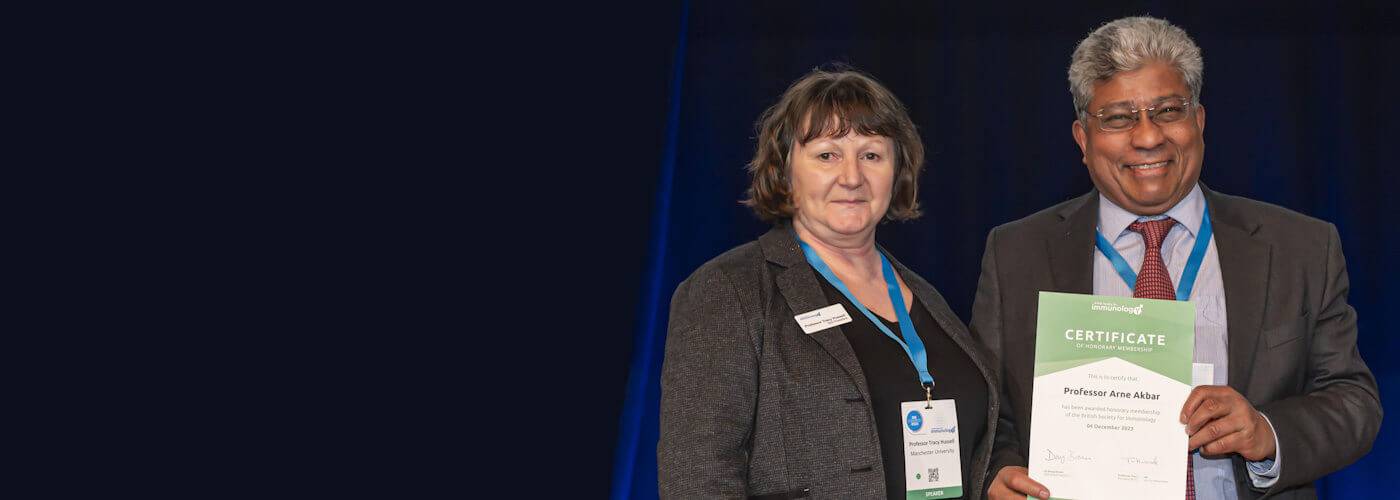
Professor Arne Akbar awarded BSI honorary membership
Professor Arne Akbar has been made a British Society for Immunology Honorary Member in recognition of his outstanding contribution to immunology.
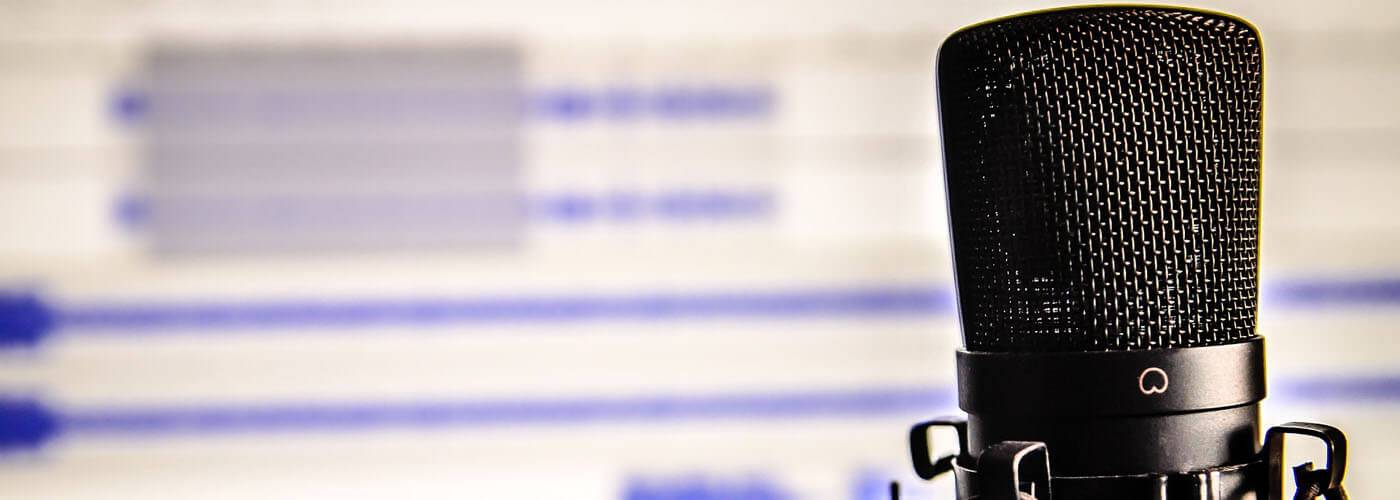
Professor Arne Akbar on The Buck Institute podcast
Prof. Akbar joins host Gordon Lithgow at The Buck Institute in California to break down the array of actors and pathways involved, including sestrins, immune memory, the gut microbiome, and more.

Professor Akbar on BBC Radio 4's 'Am I normal?'
Is there such a thing as a normal immune system? Vivienne Parry investigates for BBC Radio 4, with the help of UCL’s Arne Akbar.
Our work
For the last 15 years, the Akbar Lab has focused on mechanisms of immune decline during ageing. We have identified a key role of p38 MAP kinase signalling in regulating both nutrient and senescence sensing pathways in human T cells.
We also developed new technology for investigating immunity in human skin in vivo that have been adopted by other research groups in both academia and the biotech industry. Current collaborations using these methods include the University of Arizona, The Rockefeller University (New York) and the National University of Singapore.
The interaction between clinicians and scientists leads to the translational aspects of our work. This has procured a £3.2M MRC Experimental Medicine Grant to investigate responses to recall antigen challenge in the skin of older humans after blocking p38MAP kinase.
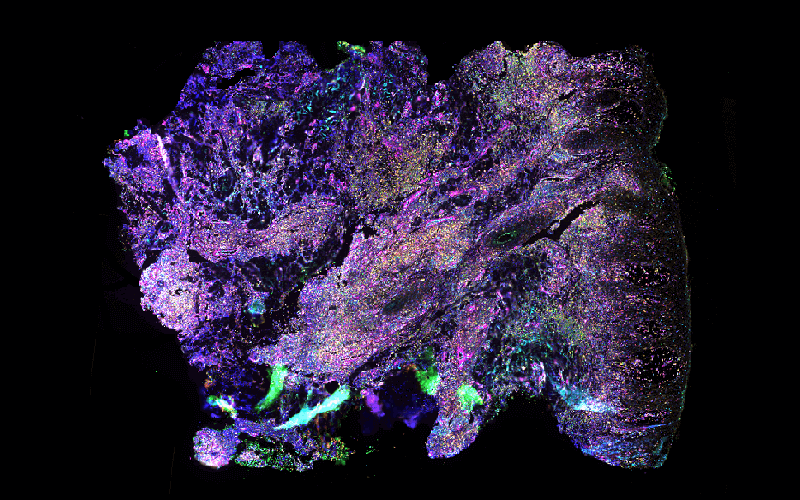
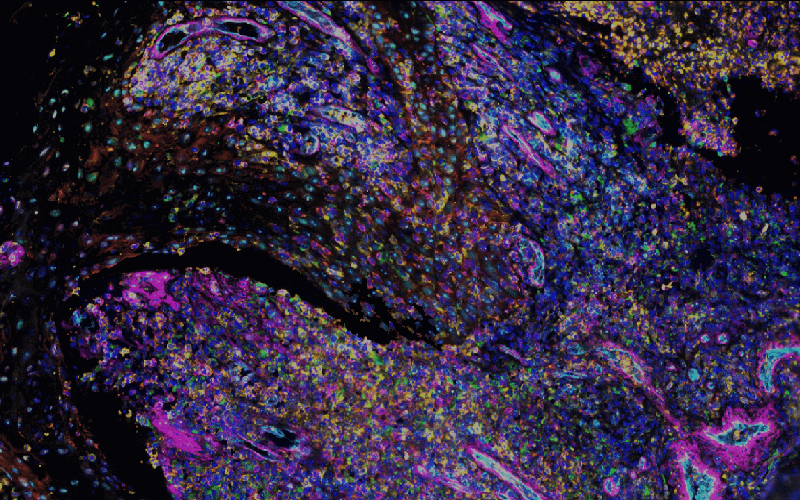
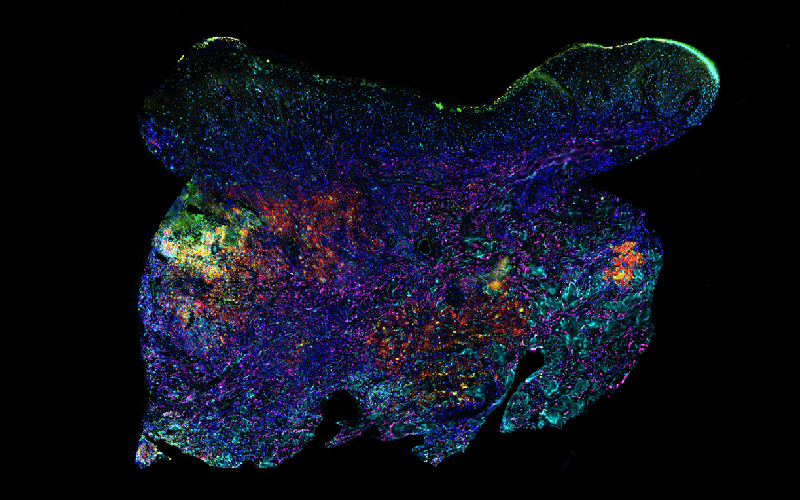
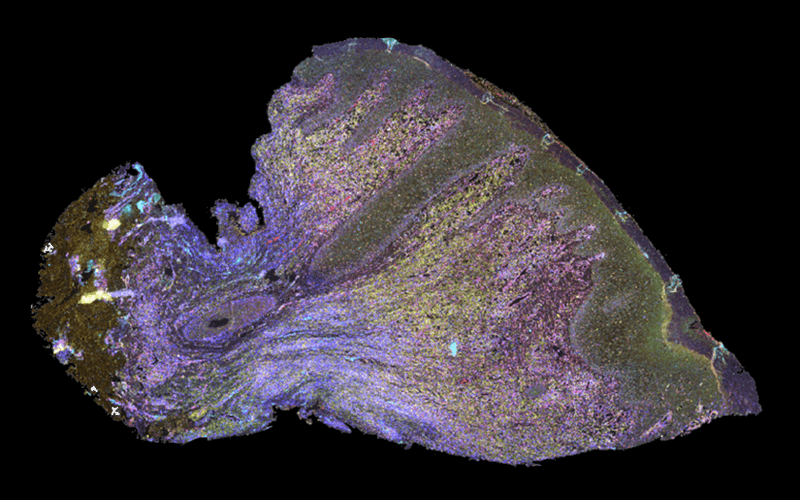
Our experts
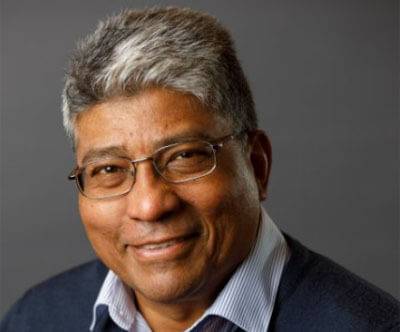
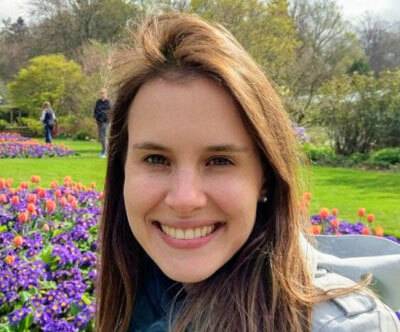

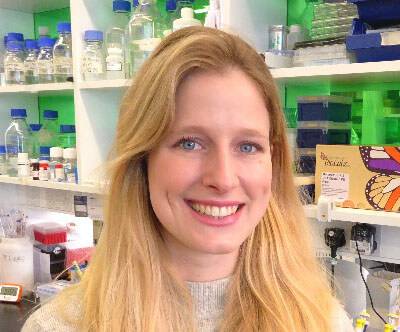
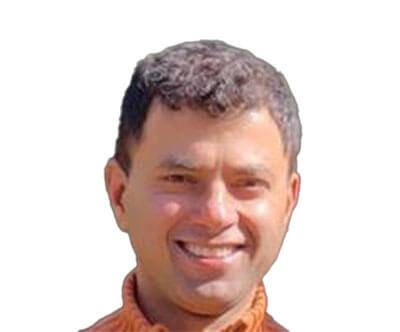


Mr Hugh Trahair

Terence Ma (PhD student)
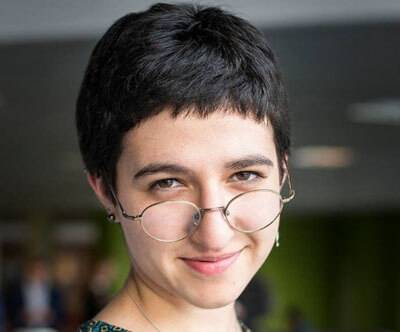
Polina Deletic (PhD student)
Collaborators
- Janet Lord, University of Birmingham
- Tao Dong, University of Oxford
- Menna Clatworthy, University of Cambridge
- David Mosser, University of Maryland
- James Krueger, The Rockefeller University
- Karolina Palucka, The Jackson Laboratory
- Paul Macaray, National University of Singapore
- Jonathan Crowston, National University of Singapore
Selected publications
- Lanna A, Gomes DCO, Muller-Durovic B, et al. (2017). A sestrin-dependent Erk-Jnk-p38 MAPK activation complex inhibits immunity during aging. Nat Immunol. 2017;18(3):354-363.
- Pereira BI, De Maeyer RPH, Covre LP, et al. (2020). Sestrins induce natural killer function in senescent-like CD8+ T cells. Nat Immunol. 2020;21(6):684-694.
- Chambers ES, Vukmanovic-Stejic M, Shih BB, et al. (2021). Recruitment of inflammatory monocytes by senescent fibroblasts inhibits antigen-specific tissue immunity during human aging. Nat Aging. 2021;1(1):101-113.
Pearce DRR, Akarca AUU, De Maeyer RPH, Reddy V, Akbar ANN, et al. (2023) Phenotyping of lymphoproliferative tumours generated in xenografts of non-small cell lung cancer. Front. Oncol., Vol. 13.
Haston S, Gonzalez-Gualda E, Morsli S ... Akbar, AN, et al. (2023). Clearance of senescent macrophages ameliorates tumorigenesis in KRAS-driven lung cancer. Cancer Cell, Vol. 41 (7), pp. 1242-1260.e6.
- Laphanuwat P, Gomes DCO, Akbar AN (2023). Senescent T cells: Beneficial and detrimental roles. Immunological Reviews, Vol 316 (1), pp. 160-175.
- Pallett LJ, Swadling L, Diniz M, Maini AA ... Akbar A, et al. (2023). Tissue CD14+CD8+ T cells reprogrammed by myeloid cells and modulated by LPS. Nature 614, 334–342.
- Lanna A, Vaz B, D'Ambra C, Valvo S ... Akbar AN, et al. (2022). An intercellular transfer of telomeres rescues T cells from senescence and promotes long-term immunological memory. Nat Cell Biol, 24, 1461–1474.
- De Maeyer RPH, Akbar AN (2022). Aging and frailty immune landscape. Nat Aging 2, 280–281 (2022).
- Fiard G, Stavrinides V, Chambers ES, Heavey S, Freeman A, Ball R, Akbar AN (2021). Cellular senescence as a possible link between prostate diseases of the ageing male. Nat Rev Urol 18, 597–610.
Funding and partnerships






Media
Contact Details
Professor Arne Akbar
a.akbar@ucl.ac.uk
Postal Address:
University College London
Windeer Institute
43 Clevelan St
London
W1T 4JF
 Close
Close

